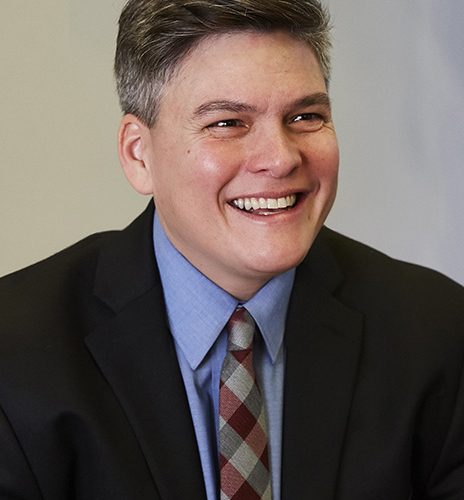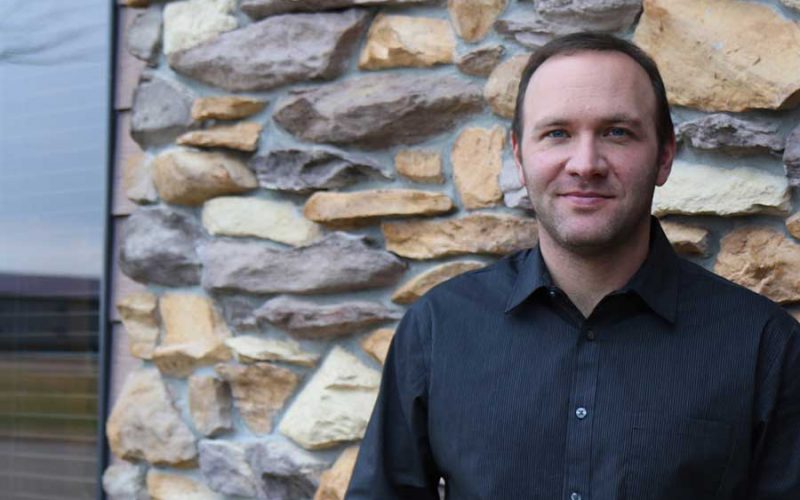Ep.66: How to Get Employees to Think and Act Like Owners with Steve Wheeler
If everyone in your remodeling business feels like they’re invested in your company — so invested that they think and act like owners — they’ll make better decisions, solve more problems, and make it more profitable.
But how do you get there?
In this episode, our own Steve Wheeler talks to Victoria and Mark about how to get your employees to think and act like owners. It’s a process he started when he had his own remodeling business for 12 years, and then he dove deeper into the subject through his work with R/A.
As director of business development for Remodelers Advantage, Steve is responsible for new membership sales and helping business owners find the program or product that will help them reach their financial and personal goals. In addition to leading business development for R/A, Steve is co-host of The Tim Faller Show, a weekly podcast focused on improving the bottom line through production training.
Getting employees to think and act like owners is one of the biggest challenges for our Roundtables members, and for every remodeler we talk to. Steve developed his approach by trying to get his team to care about his company as much as he did, based on the cycle of accountability and the TOADS steps developed by Linda Galindo in The Accountability Experience. There are actions that can cause real change. He talks about the keys to the process, how to get there, and the benefits, including:
- The power of delegation
- Reducing owner stress
- Transforming through transparency
- Getting beyond the to-do list to higher thinking
- Talking about the big picture
- Enabling decision-making power
- Thinking of employees as renters or owners
- Allowing employees to fail
- And more …
Including the Clear Agreement Form we promised. And the story of how one of Steve’s projects turned a duplex into a single family home (it was supposed to stay a duplex).















